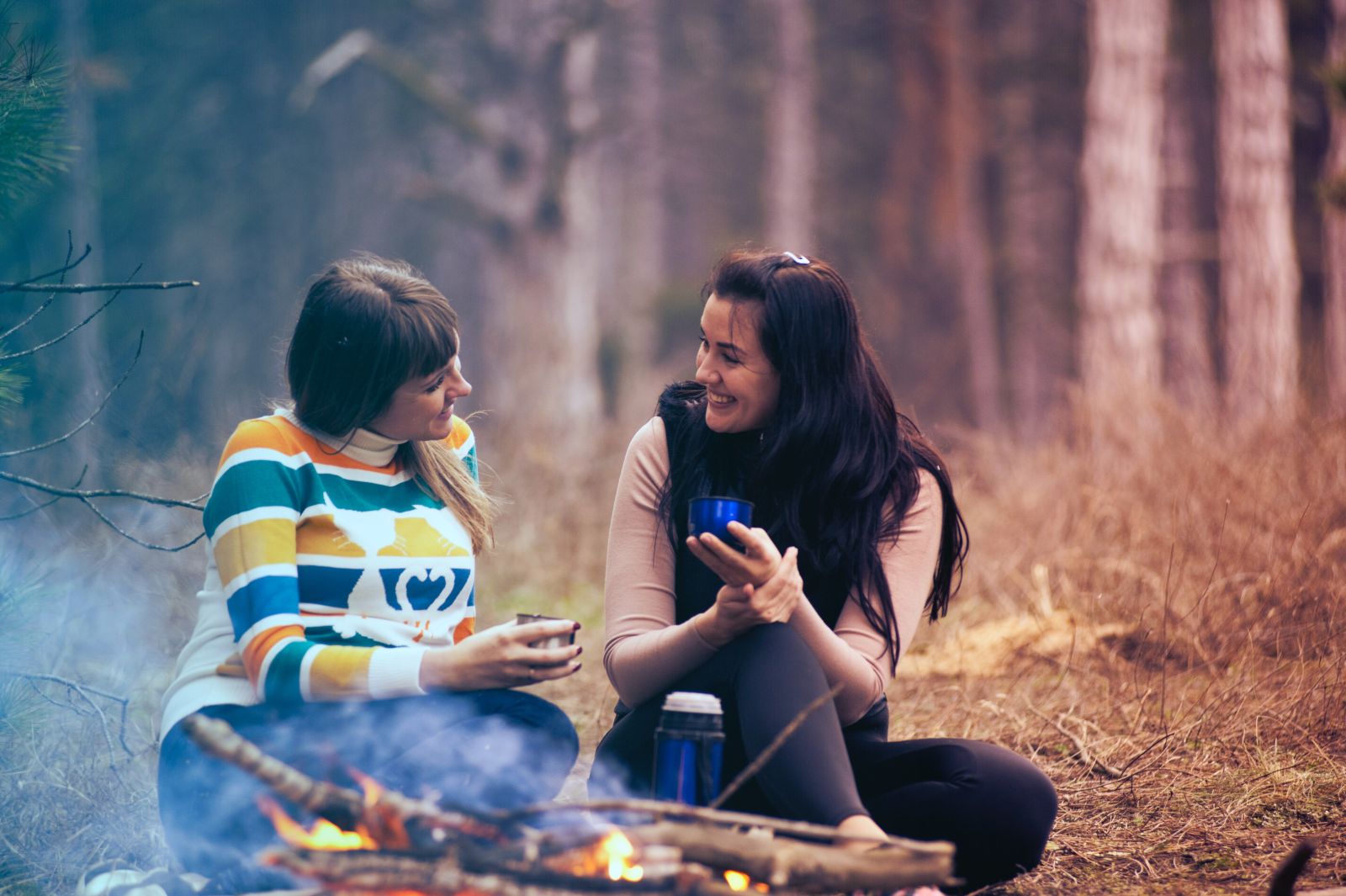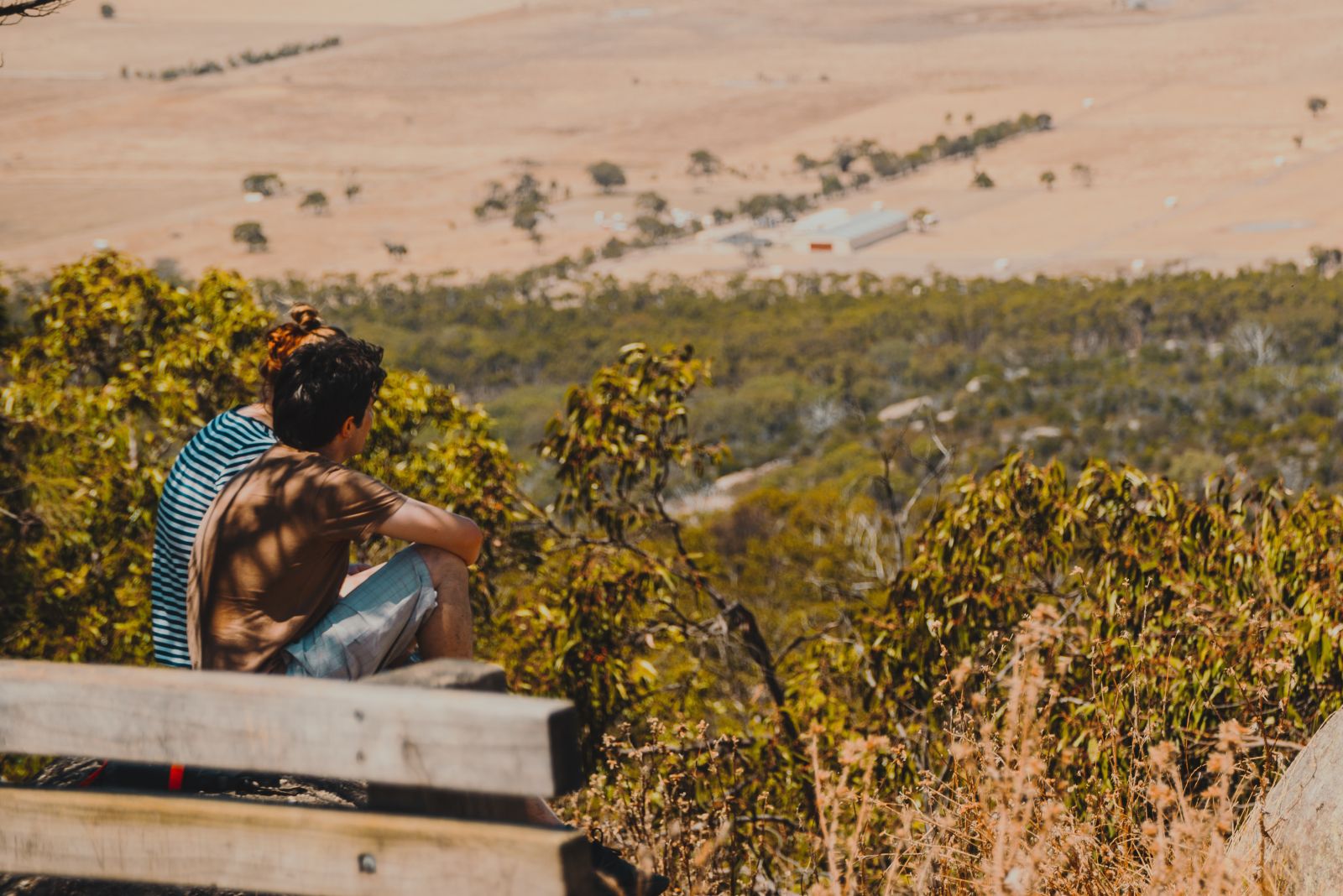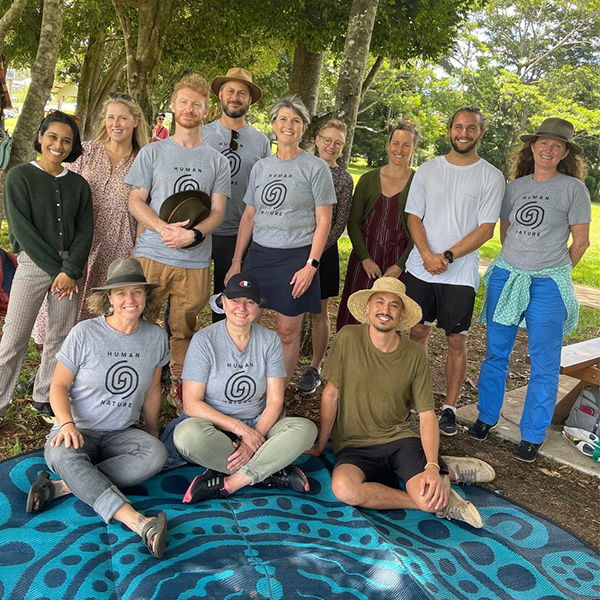Total Items: 0
Sub Total: $0.00
Wild Earth has partnered up again with the team at Human Nature and they have provided their tops tips on how to get your teenager in the outdoors.
Most youth mental health services in Australia fall into two categories - early intervention and crisis services. Early intervention services are services like Headspace (which is government-funded) and private psychology sessions (which come at a high cost to the families, can be hard to get into and can require significant travel, especially for regional families). Crisis services are things like the hospital’s mental health ward or outpatient services which is where young people end up if they are unable to engage with early intervention services. There can be many barriers to accessing these services, including transport, financial limitations, and the fact that for many young people conventional therapy in a clinical setting does not feel right for them.
Human Nature was created in 2015 to fill the gap between these services and today they see over 100 young people each year with an engagement rate of over 95%, meaning young people want to get help from them and keep coming back. Their psychologists, social workers and youth mentors use nature and adventure therapy to connect with their program participants taking them for bush walks, expeditions, surfing, horseback riding and kayaking.
We have provided our top 10 hot tips on how to get our teenagers outdoors.

The younger your kids are when you get them outdoors the better, they’re much more likely to engage with outdoor activities when it’s what they’ve always done. If they have memories of camping, fishing, and hiking from a young age then they know what they’re in for and they’re more likely to go along with it. If your kids have already reached teenagehood then don’t give up, we still have tips to help you out!
Treat your outdoor adventures like a family ritual. Whether you’re planning a camping trip or a weekend bush walk, be mindful of the preparation process, the drive, the pack down and the post-adventure activities. For example, don’t see the preparation activities as things you need to tick off a list while you’re rushing around hurrying to get somewhere on time. Be conscious in each moment and involve your teenager in these activities, don’t rush, take your time and be present. Let everyone have a responsibility whether it’s planning the snacks, packing the car or stringing up the fishing rods. Try to make getting there and getting back as fun as the adventure itself
Let’s face it, we’re social creatures and teenagers although they may seem antisocial at times they need a village more than ever (and so do their parents). So why not let them bring a friend on your camping trip? Or plan the trip with another family that has kids of a similar age.
In order for rituals to become positive habits you must be consistent (plus your kids will push back on you less if they know what’s coming. I said LESS not completely. They are still teenagers.) If you can, try to visit the same camping spot each year in the same season, do a monthly bush hike or a weekly beach walk.
Ask them what outdoor activities they enjoy and let them plan an adventure for you both. Decide on some parameters like a budget, a time frame and a distance you’re willing to travel then give them freedom to prove how responsible they can be.

If they’re not keen to join you yet then go on your own adventures and share stories with them about the things you did, what you saw and how it made you feel. Find out who your teen looks up to and see what kind of outdoor activities they do then have conversations about it.
There’s no need to plan a ten day expedition as your first adventure, especially if your teen hasn’t done much outdoorsy stuff to begin with. Start by switching off your wifi one night a week & having a fire in the backyard, or go for a short weekend bush walk in your local national park then increase the distance each time.
Model the benefits of nature and the value of switching off from modern technology to them by being present & curious in nature yourself. Invite your teen to go for a beach walk with you without phones. Keep them engaged by pointing out nature’s wonders. If you’re camping, have designated technology time so they can check in with their friends (and you can check your emails) then keep the phones in the glove box of your car or a hidden pocket of your backpacks.
It is innate within them at this age to want to push back on you. Your approach to getting them outdoors is everything. The most important thing you can do is to make sure your teen feels heard, understood and valued. Listen to their objections and work with them on solutions. Involving them in the planning process from the start will be a game changer.
The Human Nature therapeutic team believes in the approach that a young person's freedom should be increased in direct relation to their accountability. If your teen is craving freedom then give them an opportunity to prove their accountability to you. Give them the opportunity to learn new skills, to show responsibility then praise them for their hard work and give them freedom as a reward.
We hope those tips are helpful. We’d love to hear the things you’ve done to get your teens outdoors. To find out more about Human Nature, head to their website. They are a not-for-profit organisation so please consider making a donation to help them keep their programs running. They are literally changing the lives of young people.
.jpg)
Chat to our friendly team of Outdoor Gear Specialists in-store or online today and don’t forget to share your adventures with us on Instagram by tagging @wildearthaustralia and #mywildearth in your next post.
About the contributor:
 Since 2015, Human Nature has been dedicated to offering innovative, nature-based mental health support for young people facing complex trauma. They work with 14-20 year olds, who have been unable to engage with traditional clinical therapy. Their team of mental health professionals take them out into nature where they deliver evidence-based, trauma-informed adventure therapy programs.
Since 2015, Human Nature has been dedicated to offering innovative, nature-based mental health support for young people facing complex trauma. They work with 14-20 year olds, who have been unable to engage with traditional clinical therapy. Their team of mental health professionals take them out into nature where they deliver evidence-based, trauma-informed adventure therapy programs.